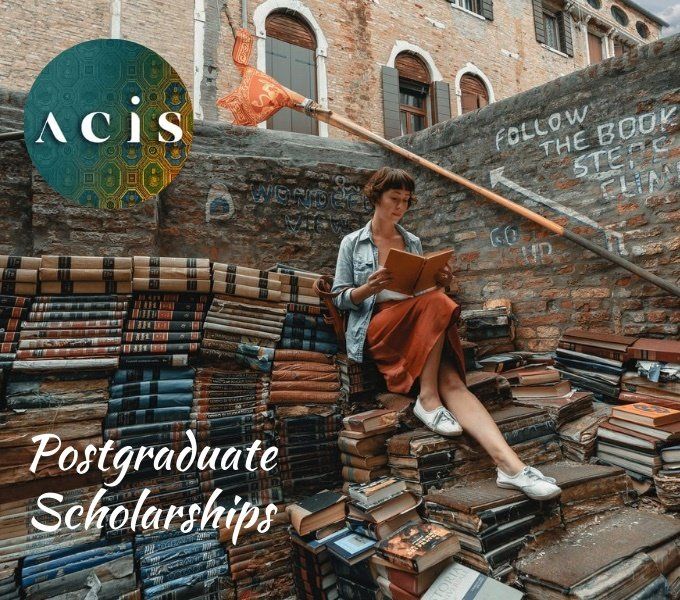Learning from letters: the Strozzi in exile and the implications of expatriation
Lisa Di Crescenzo Monash University
In the aftermath of Cosimo de’ Medici’s banishment of the deposed patrician power group from Florence in 1434, Palla di Nofri Strozzi and his branch were forced to resettle in the northeastern Italian cities of Padua, Ferrara and Venice. They kept up a voluminous correspondence which, hitherto neglected by scholars, offers valuable insights into the ways the members of the lineage sought to reorganise their lives and reconstruct their patrician identity in their new habitat, particularly in the court centre of Ferrara. Gauging the impact of this exile and forced migration on the Strozzi’s sense of their common identity is of particular interest. To what degree was the Strozzi lineage a movable structure, association and ideology across regional borders, retaining Florentine features in its organization, activities, and patterns of social and familial relations? To what extent did the Strozzi as an émigré family and their successor generations remain a lineage bound together by reciprocal loyalty, political solidarity and economic interest?
Letter of Luisa Donati Strozzi to Alessandro Strozzi in Venice, 16 April, 1496. Archivio di Stato, Ferrara.
The focus of my current research is on the extant autograph letters of Palla Strozzi’s Florentine daughter-in-law, Luisa Donati, written to her scattered sons between 1471 and 1510. As far as I can tell, there does not exist a precise equivalent of this manuscript source in the epistolary collections of patrician women in Renaissance Italy. One comparable example of a fifteenth-century female-authored vernacular letter collection is that of Luisa’s kinswoman, Alessandra Macinghi Strozzi (1407/8-71), whose seventy-three surviving letters to her banished sons, in particular, shed light on family, motherhood, gender and exile. But in contrast to Alessandra Strozzi who, in widowhood, returned to her native Florence from her husband’s exile in Pesaro, Luisa Donati spent almost sixty uninterrupted years in Ferrara. Her letters therefore raise fresh questions about the implications of exiled men and forced resettlement upon women within the marital lineage if we accept that their precise social position, and the social and cultural traditions of their home cities, largely determined their life outcomes.
In tandem with the study of letters of the Strozzi men, Luisa’s correspondence can be used to test the hypothesis that the interests of the patrician lineage in the environments of exile and resettlement could be defended and furthered through a combination of both male and female efficacy. Luisa’s forced resettlement in Ferrara permits us to scrutinize her agency, self-determination and claim to matriarchal authority in renewing the patrician identity and corporate solidarity of the Strozzi lineage across the regional borders on the Italian peninsula. The four decades spanned by the correspondence offer, therefore, a new context for understanding familial ideology, gender roles, and the responses by élite women to exile and emigration in Renaissance Italy. Moreover, rooted in a long temporal framework, Luisa’s account of her movement through the life-course of marriage, motherhood and widowhood provides an especially illuminating framework for examining how one patrician woman struggled and negotiated to manoeuvre effectively within the overarching male system of the lineage.
The corpus of the letters can also shed light on other important issues. Their language – a vernacular mix of Tuscan, Ferrarese and Venetian variations and dialects – can help us to document the relationship between changes in the Italian vernacular and cross-border and transregional movement in the fifteenth and early sixteenth centuries. When élites had to move beyond their cities’ walls, for example, did they come to abandon aspects of their native dialects while absorbing others? Are differing regional taxonomies of family identity and life discernible over time in these vernacular family letters? And, more specifically, in what ways did gender inflect the Strozzi’s epistolary negotiations of their relationships, and their adherence to, and manipulation of, the rhetorical frames of correspondence in writing about the structure and culture of their family relations in exile and expatriation?
Share this:
- Share on Tumblr
- </div></li><li class="share-end"/><li class="share-reddit"><div class="reddit_button"><iframe src="https://www.reddit.com/static/button/button1.html?newwindow=true&width=120&url=https%3A%2F%2Facis.org.au%2F2015%2F02%2F04%2Flearning-from-letters-the-strozzi-in-exile-and-the-implications-of-expatriation%2F&title=Learning%20from%20letters%3A%20the%20Strozzi%20in%20exile%20and%20the%20implications%20of%20expatriation" height="22" width="120" scrolling="no" frameborder="0"/></div></li><li class="share-end"/></ul></div></div></div></div></div> <div id="jp-relatedposts" class="jp-relatedposts"> <h3 class="jp-relatedposts-headline"><em>Related</em></h3> </div></div> </div>










